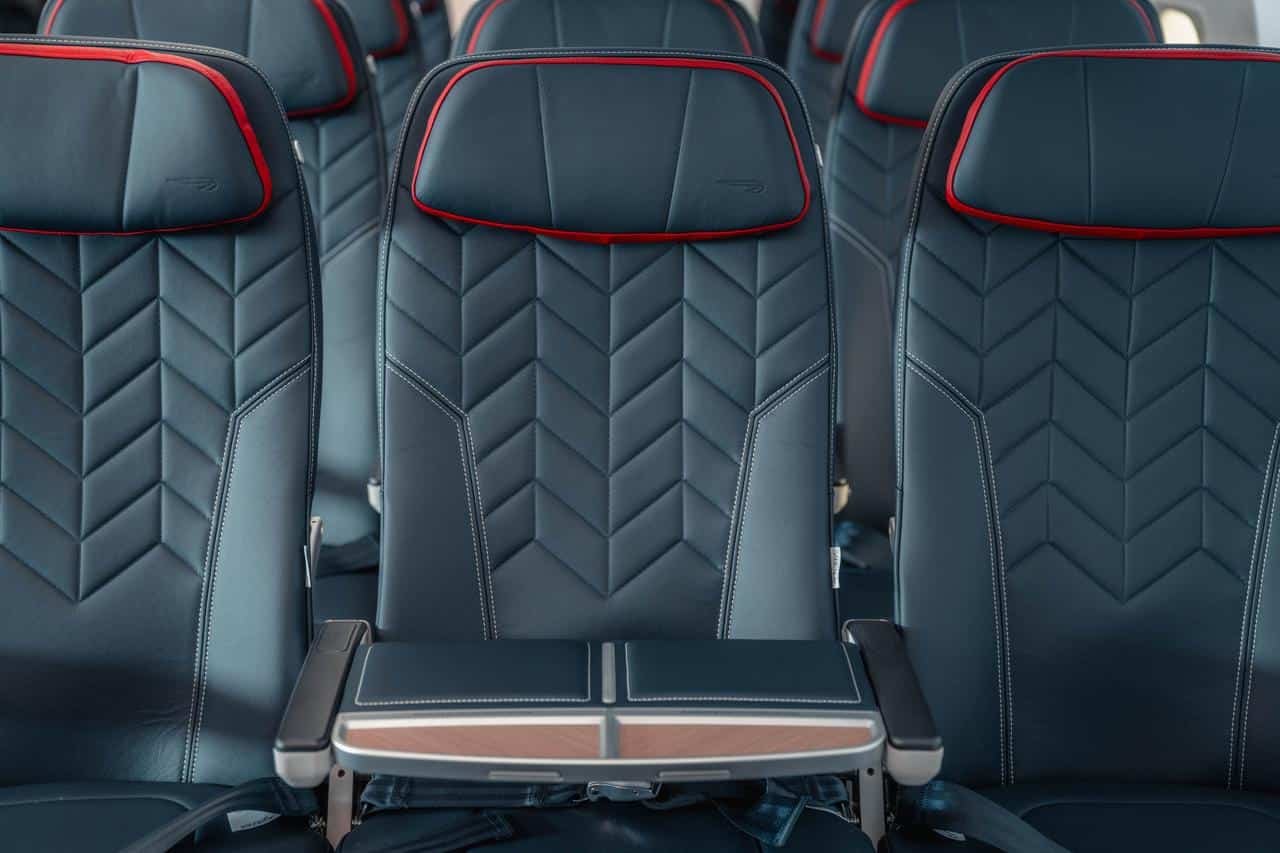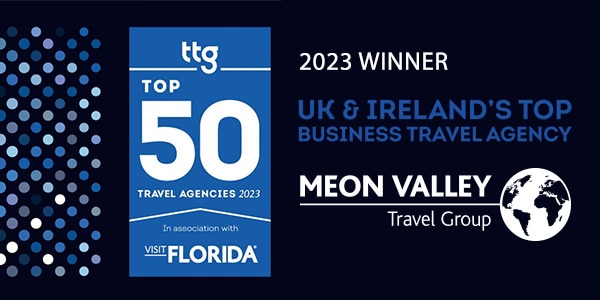As part of environmental betterment, there are two choices, carbon neutral or net zero. Carbon neutral is where you pay to offset as much of your footprint as possible and net zero obligates you to mitigate 95% of your carbon footprint by not creating it in the first place, allowing only 5% offset thereafter.
We can all agree that offsetting is part of the solution to fighting global warming, but it is not the answer. While we wait for initiatives like sustainable aviation fuel to become widespread, we have to look at what else we can do.
At Meon we have decided to take the net zero approach as the idea that you can pay your way out of trouble, plant trees and carry on polluting the planet isn’t one we think is sustainable in itself.
We’ve chosen to follow the GHG Protocol Corporate Accounting and Reporting Standard that supports the Government’s Science Based Target Initiative. Net zero is a 3 Scope process and by Scope 2 we hit the 95% carbon free badge of honour. We are working on it.
Scope 3 is when all of our supply chain is also net zero. That’s a more significant challenge because it will then come down to the big things like fuel and small things we have no influence over like airlines sourcing in-flight products from across the globe when they can find perfectly good produce nearer to home.
Meon has been carbon neutral since last Christmas, but it will take a bit longer for us to achieve net zero – our aim is by 2027, but if we hurry along, we may make it by 2025.
This matters because sustainability is now a non-negotiable when we receive RFPs, and I like to think of that as progress. That said, we’re finding every single tender we receive is as price sensitive as it always has been, but the difference post-pandemic is that clients want sustainability measures as part of the package – but without having to pay extra for it.
It’s proven by customer behaviour also for example, where BA.com offers a carbon offset option to its booking customers, but less than 1% tick the box. BA and Meon share the same view however that sustainability is the most important journey we are all about to take.
Speaking of flying, it’s occurred to me that there’s one easy step you can take right now that’s guaranteed to please your Finance Director as well as help the sustainability effort… fly on the cheapest ticket you can find. Why? Because budget airlines pack more people into the most up-to-date aircraft. The Airbus neo for example, uses up to 40% less fuel than older types, and the likes of BA have mothballed their entire 747 fleet through the pandemic and bought neos to compete. Now you’ve got the FD’s attention!
When it comes to sustainability the obligation is on business to get serious and our industry needs to point the moral compass in the right direction. Sea levels are rising because of our impact on the planet and it only takes a small change to make a big impact, and it’s the small things that matter.
As the Dalai Lama says, “Anyone who believes small things don’t matter should try sharing their room with a mosquito for the night”.
James A. Beagrie






